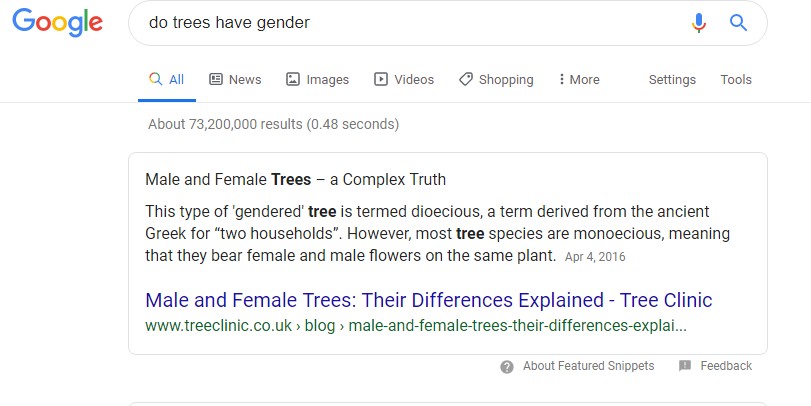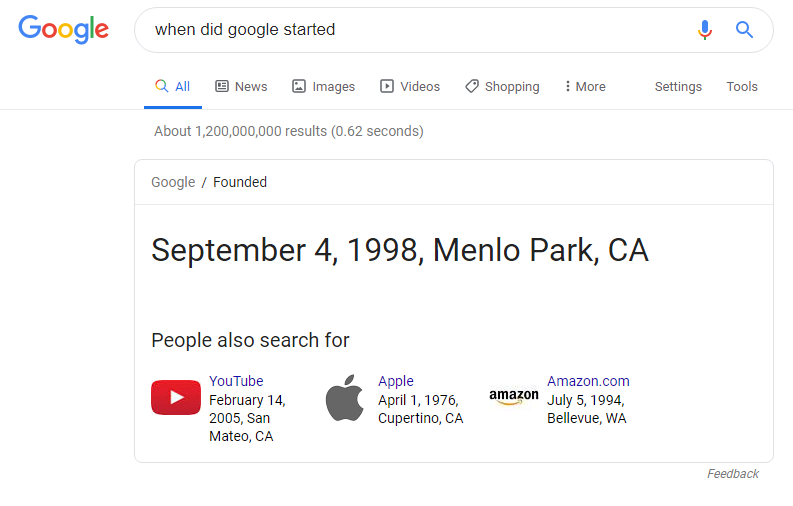Nowadays, people from all age group or generation are relying on Google to find all the information.
Whether it is about buying new clothes, eat in a nearby restaurant, or get a quick answer to their question, Google has become the primary source of their information for the majority of the internet users. Of course, there are hundreds of other search engines available in the market but Google dominates by making up more than 92.19% shares of the total market.
One of the primary factor that makes Google an impressive search engine platform is its constant changes- which helps it to deliver more accurate results to satisfy the information needs of the searchers. Although constant changes are boon to the platform, it has become the bane to SEO professional who works with Search Engine Optimization Techniques to rank higher on the result pages of Google.
How the Google Quest has Changed for SEOs?
There are enough theories behind this change to write a book but currently, that doesn’t need our attention. What we need to comprehend here is that search queries are becoming longer, concise and conversational.
In all these years the shift of the search engine query can be seen in the form of zero-click and voice search. What we are frequently witnessing is the growing significance of optimizing content for questions and semantic search.
So, what does it mean for your website? And what Search Engine Optimization Techniques can help you to appear higher on the search engine result pages? Let find it out in the below post.
Semantic Search and Questions
It is clear that Google introduces time to time changes to enhance the search experience. Out of all one of this algorithm update or change was “hummingbird update” which rolled out back in 2013. After this update, Google has started to analyze the queries of searchers to find out the actual intention behind them to deliver more personalized results.
This is what semantic search means. In more precise words, semantic search allows Google to study search words of the users, and deliver more genuine results even if it doesn’t contain exact matching keywords.
rELATED pOST: On-Page SEO: Techniques That Can Make You Appear On the First Page
How Google Identifies the Semantic Search?
A crucial aspect of the semantic search is its ability to point out the concept and entities present in the queries. When someone uses Google to make a search- whether it is through text or AI assistance, the semantic search identifies and react upon it with four main factors: –
- The context
- Natural language processing
- Entity identification
- Query stream context
What Types of Questions does Google Answer?
Google has taken huge steps to enhance its ability to answer the plethora of questions. The credit directly goes to the development in sectors of Artificial intelligence (AI), voice search, NLP, schema and more!
In order to answer to satisfy the information needs of the searchers, Google categorizes questions three categories- right opposite to just providing links to the blogs, articles or website pages.
- Short questions
- Long questions
- Direct questions
The answers of these questions are placed in Google’s favorite place “snippet”- commonly known as an answer box. Let get in details to learn more!

Short question; Short questions start with the terms like; what, who, where and why. As these types of questions can be easily answered in shirt paragraphs which can be seen in the snippet.
For instance; if you type do trees have gender? You will find a short answer as shown below.
As you can clearly see that Google has provided 3 to 4 line answer- filtering from the content it found most credible.
Long questions: The long questions refer to the queries that are needed to be answered in the form of process. Most common terms that are used in queries are how and why. For example; suppose I ask “how to write an essay?” then, it will list down the entire process with the abbreviation in the outline.
The actual purpose of this answer to inform the searcher about significant factors of writing an essay.
The direct question is the queries that have a short one to two words answers. These questions often contain terms like what, who, why, whom, best, and sometimes why.
Such questions can be quickly answered by Google assistance or voice search.
For example, if you searched “when did Google start?” it will give you answer like;

How you can utilize it for your benefit?
Now, when you come to know how Google answers semantic questions, you can use them while preparing the content marketing strategy. But how will you do it? Experts at ProICT LLC –SEO Service Provider Company in New York will answer this in the next post. Until then, visit their website to learn more!

